Since 2016, two leaders have stood out from the pack, challenging the liberal mainstream and calling for strong nations based on sovereignty, national interest, secure borders and peace. For the last four years, Prime Minister Orban has been demonized for maintaining that political friendship with Donald Trump. But this approach has proven to be the correct one and, beginning on January 20, the United States and Hungary can once again cooperate in the defense of Western civilization.
On Tuesday the American people delivered a stunning rejection of the Biden administration’s failed policies, sending Donald Trump back to the White House with massive backing across the country.
Trump’s sweep of the so-called Blue Wall states of Pennsylvania, Michigan and Wisconsin — coupled with strong support from minority groups, men and young people — is a rebuke of the year's long campaign to delegitimize the concerns of Trump voters.
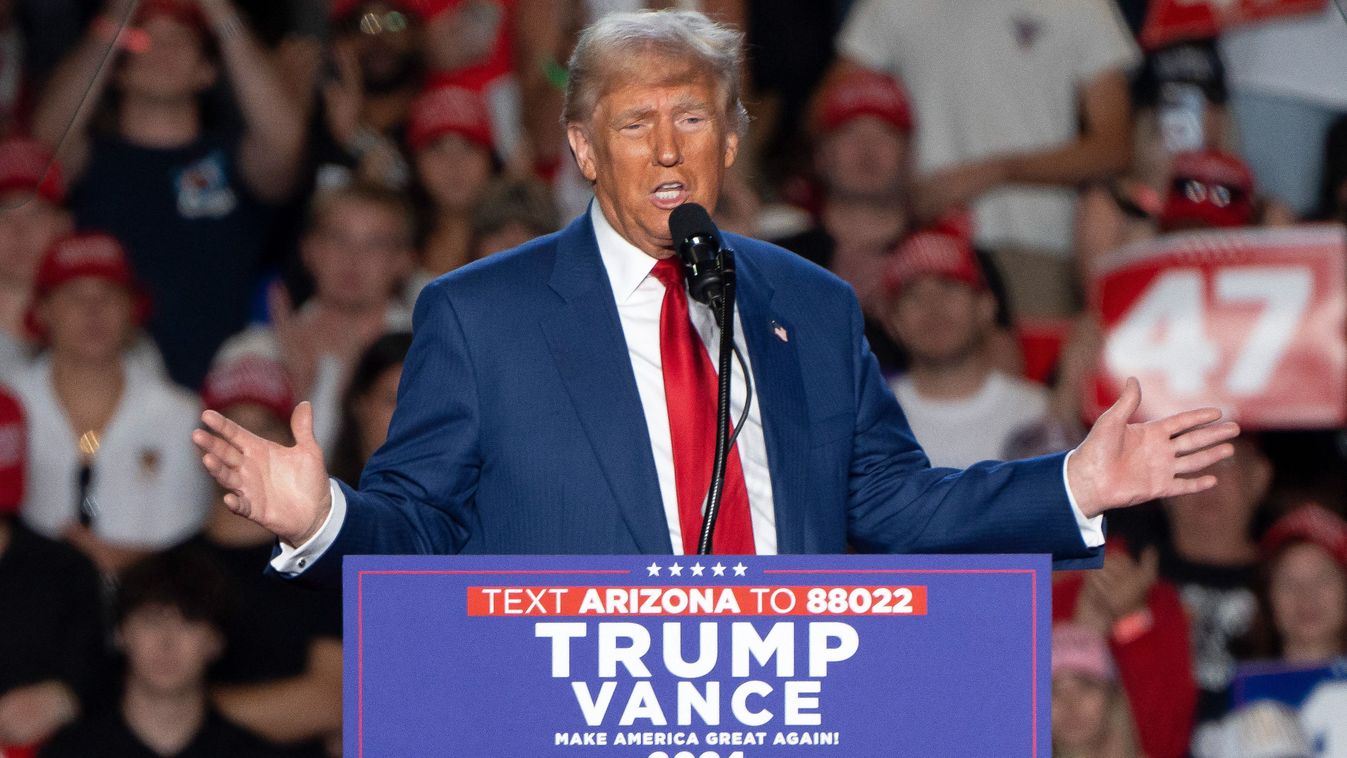
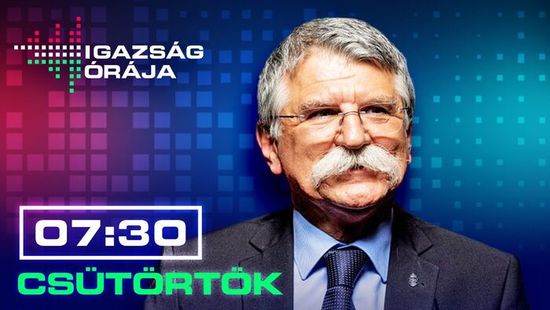




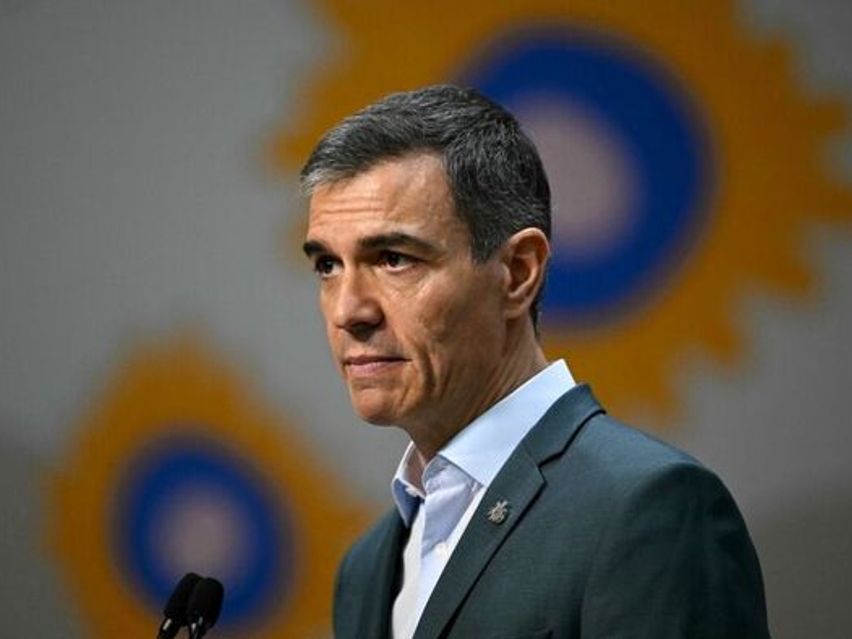
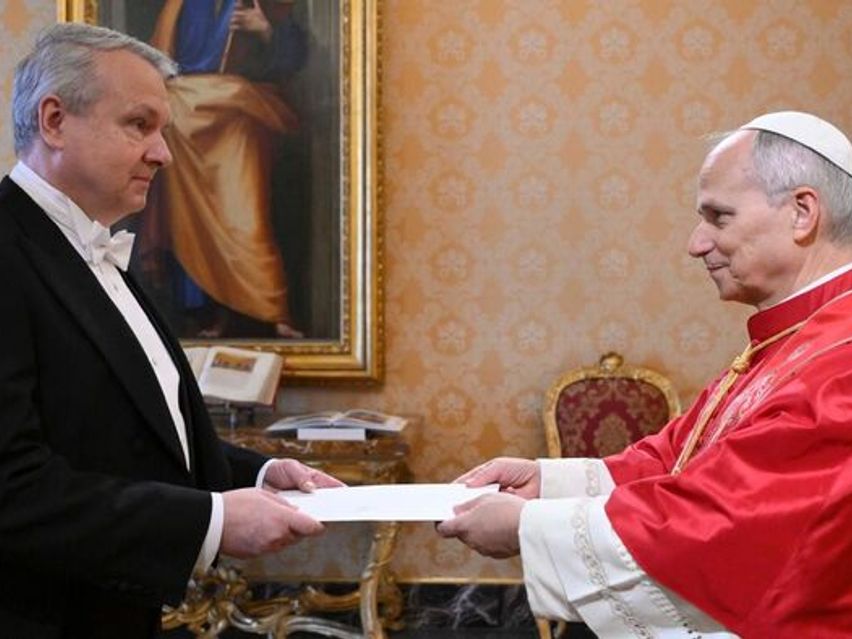
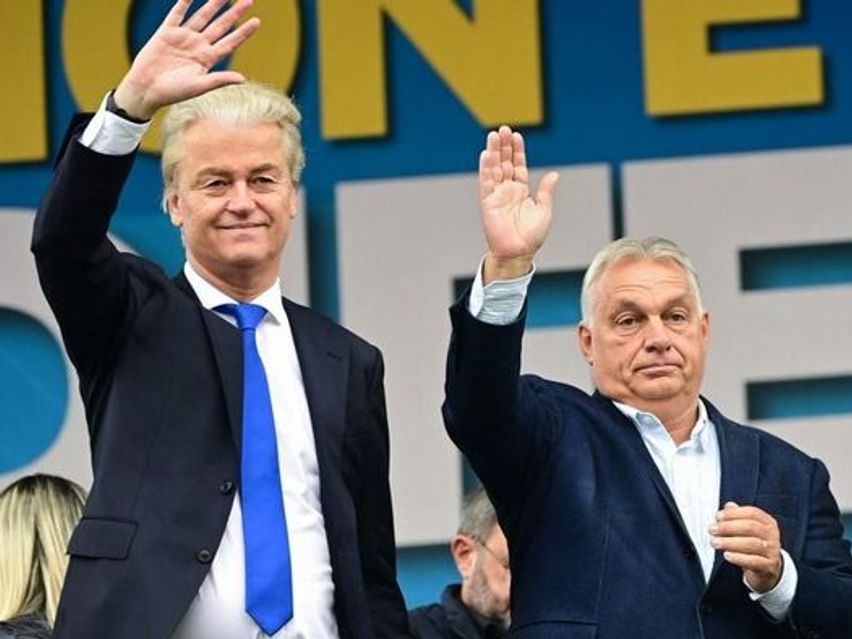







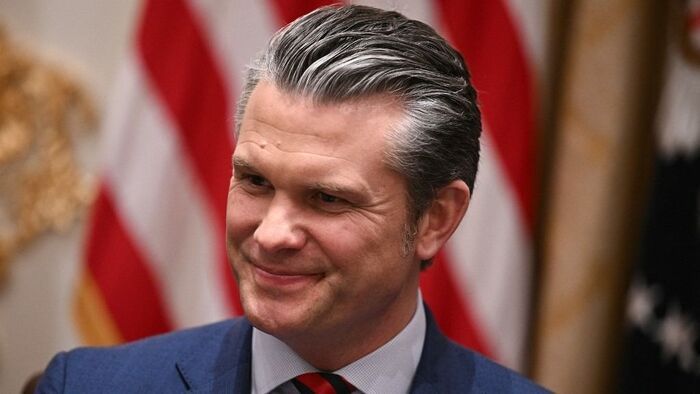
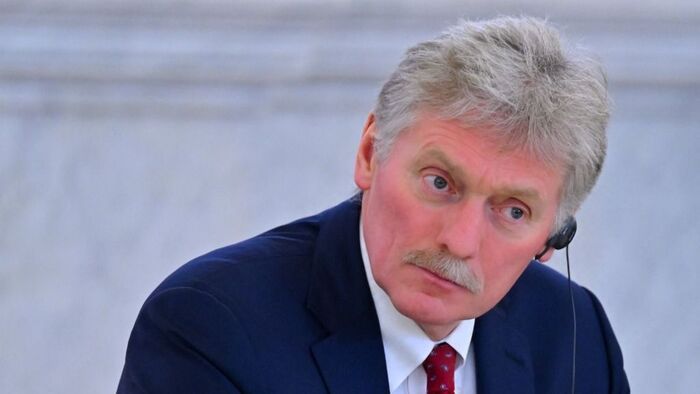




Szóljon hozzá!
Jelenleg csak a hozzászólások egy kis részét látja. Hozzászóláshoz és a további kommentek megtekintéséhez lépjen be, vagy regisztráljon!